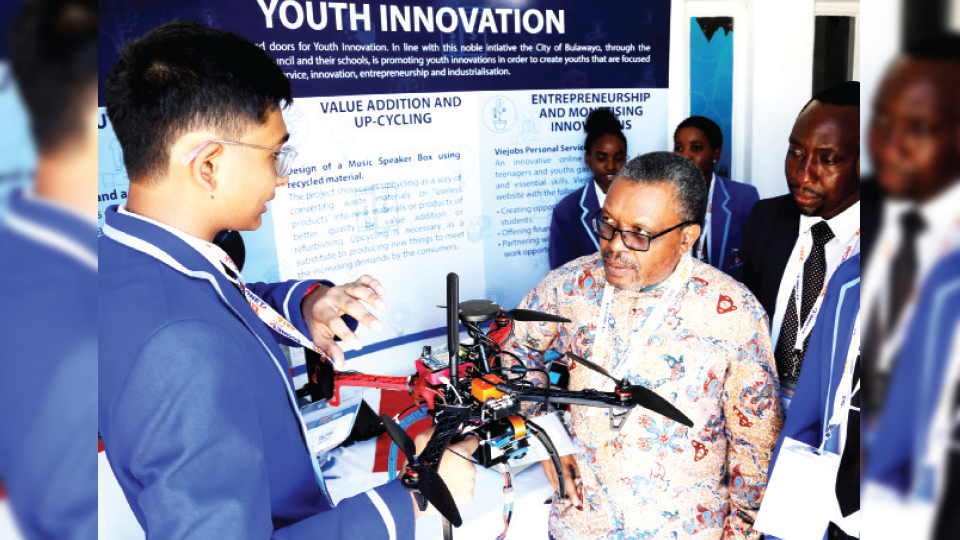Human Rights Commission tackles Gukurahundi

Nqobile Tshili, Chronicle Reporter
THE Gukurahundi disturbances have been identified as one of the reasons why some people in Matabeleland North fail to access national identity documents.
This emerged yesterday during a Zimbabwe Human Rights Commission (ZHRC) stakeholder meeting in Lupane.
The stakeholder meeting brought under one roof the national human rights watchdog, traditional chiefs, government departments, local authorities, civil society organisations and faith-based organisations in preparation for public hearings in the province on factors leading to members of the public failing to obtain birth certificates, identity cards and passports. In the deliberations, the mentioned groups identified the 1980s disturbances as one of the reasons why some people fail to access important documentation.
They said migration to neighbouring countries as well as inaccessibility of Government departments were also among the reasons leading to villagers failing to access national documents.
The meeting was a precursor to the national identity documents inquiry to be held by the ZHRC in the province between July 14 and 19.
In an interview after the deliberations, ZHRC acting executive secretary, Mr Vengesai Mukutiri said the public should not censor themselves on factors causing them to fail to access national documents.
“One of the key objectives is to find out what we are calling the root cause of failure to access documentation. So we are looking for whatever root cause or issues raised or exposed and validated as the cases of concern that result in people ending up without documents. We are not going to censor what people are going to say. We have come here to listen, therefore we will encourage people to talk about their reality,” he said.
Mr Mukutiri said as President Mnangagwa has encouraged people to open up on Gukurahundi, the commission is expecting the public to speak out on how it is contributing to some of them failing to access national documents.
“We believe the issue of Gukurahundi, as already emphasised by even the Head of State, is something that people need to talk about. In our case we are talking about it in the context of access to documentation, different from our sister commission (NPRC) which is now looking at the bigger issues around healing, around reconciliation. So ours is to say in as far as it affects people’s access to documents, then it is a matter that we want to look into,” he said.
“We think such information will help us in coming up with recommendations on how to remedy the situation. We would like to talk to stakeholders in Matabeleland North, even in Matabeleland South and the Midlands, the areas that were affected in regard to our project, to focus around the solutions. Yes, there are people who are not documented because of the disturbances and what do they suggest should be done by the Government of Zimbabwe and other stakeholders so that such people are documented.”
Mr Mukutiri said although the commission will not be able to travel across the length and breadth of Matabeleland North, it will do its best to access information that represents the region.
He encouraged traditional leaders to come out during the public hearings and speak out on issues contributing to their communities’ failure to access national documents.
Mr Mukutiri said failure to access public documents contributes to the violation of human rights as children will be deprived of education while the vulnerable will lose out on social welfare programmes.
One of the participants, Mr Vumani Ndlovu from Rural Communities Empowerment Trust said more needs to be done to ensure communities can better appreciate that they will not victimised when delivering their testimonies.
“While some of us now appreciate that it’s no longer taboo to talk about Gukurahundi openly, my concern is that members of the public that were affected don’t have the same appreciation.
“So they will be sceptical to open up due to fear. So I’m suggesting that before the public hearings are conducted, traditional chiefs be engaged to encourage the public to open up,” said Mr Ndlovu. – @nqotshili











Comments